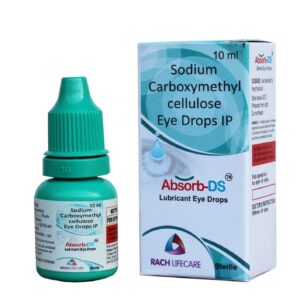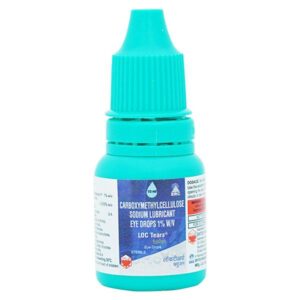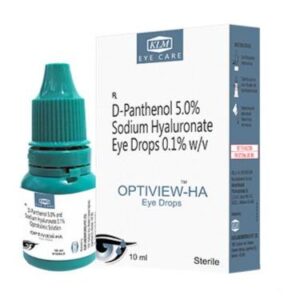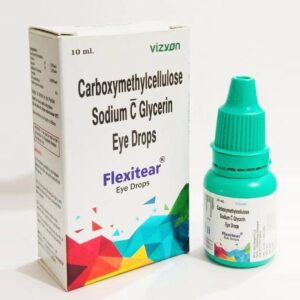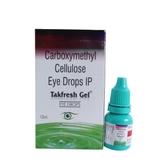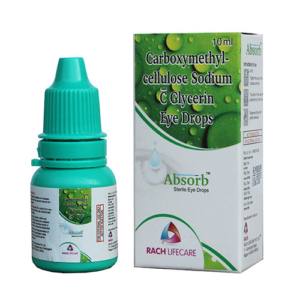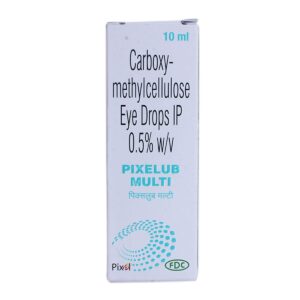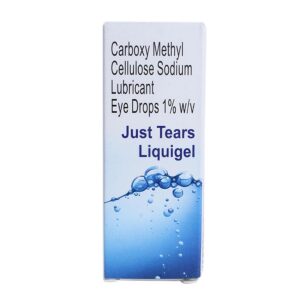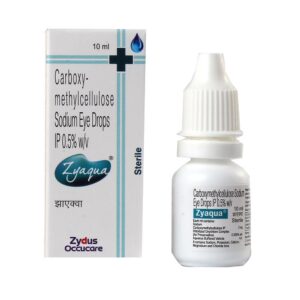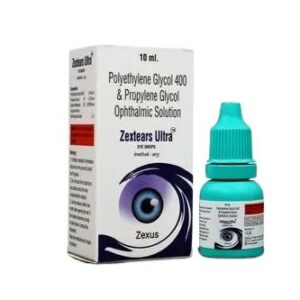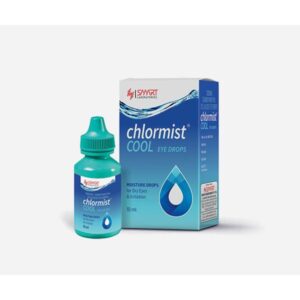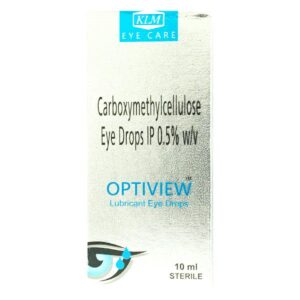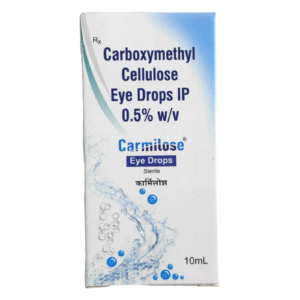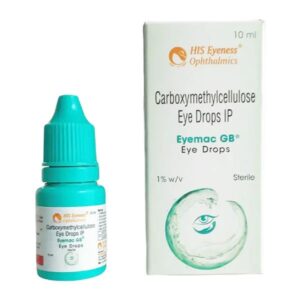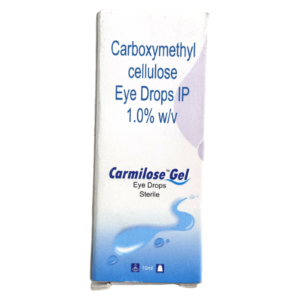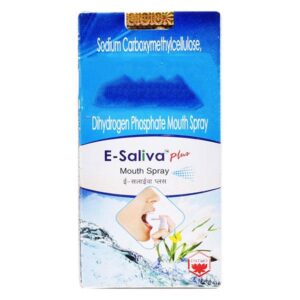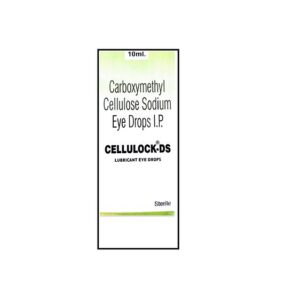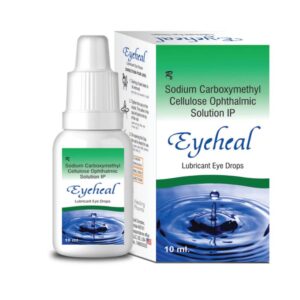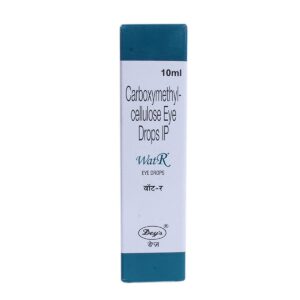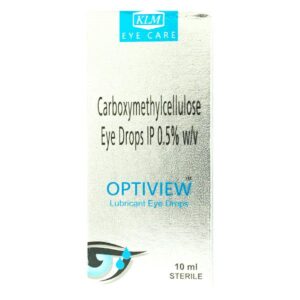CARBOXYMETHYL CELLULOSE (CMC)
CARBOXYMETHYL CELLULOSE (CMC): Carboxymethyl cellulose (CMC) is a medication that belongs to the class of drugs known as mucopolysaccharides, specifically sodium carboxymethyl cellulose. It is a synthetic polymer that resembles the naturally occurring substance cellulose.
CMC is most commonly used as an ophthalmic solution, known as artificial tears, to relieve dryness and irritation in the eyes. It is also used as a lubricant in other medical and non-medical applications, including as an ingredient in some medications, food products, and cosmetics.
The mechanism of action of CMC is to mimic the natural tear film that coats the surface of the eye. It helps to lubricate and hydrate the eyes, providing relief from dryness and discomfort. CMC forms a protective film over the ocular surface, reducing friction and preventing further damage to the eye.
The dosing of CMC eye drops varies depending on the severity of dry eye symptoms and the instructions of the prescribing healthcare provider. Generally, one or two drops are instilled into the affected eye(s) as needed, usually 3-4 times a day. It is important to follow the specific instructions provided by your healthcare professional or read the package insert carefully.
Side effects of CMC eye drops are rare, but some users may experience temporary blurring of vision immediately after application. These drops are generally well-tolerated and are considered safe for use, even in children and pregnant or breastfeeding individuals. However, if you experience any persistent or severe side effects, it is important to contact your healthcare provider.

